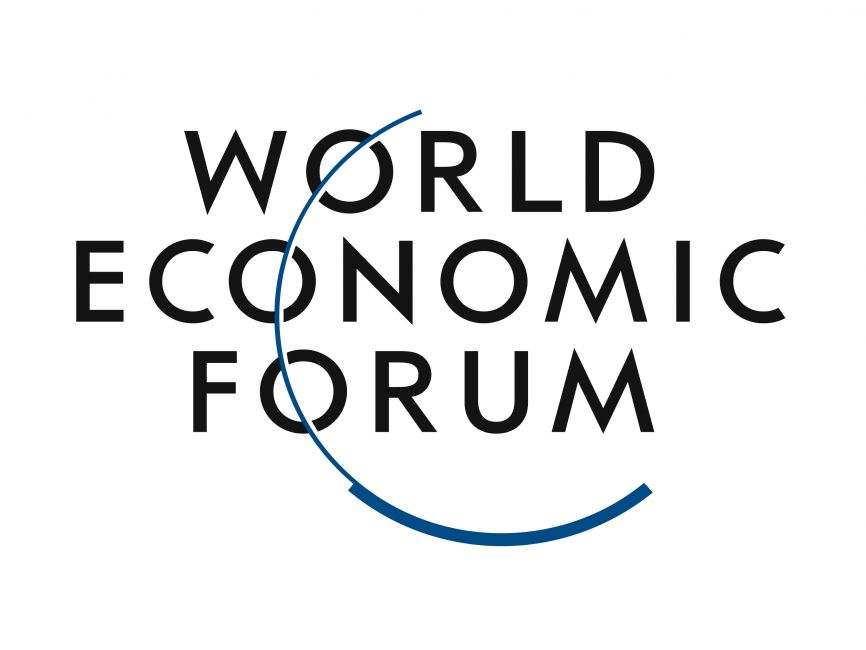
In 2023 the World Economic Forum (WEF) announced a strategic shift in its publication approach, discontinuing the Global Competitiveness Report in favor of two new flagship reports: the “Global Risk Report” and the “Future of Growth Report”. The Global Competitiveness Report (GCR), published between 2004 and 2020, relies on the results of an Executive Opinion Survey, completed by at least 80 companies per country, which has been administered in Jamaica by Mona School of Business & Management (MSBM).
In commenting on MSBM’s role, Executive Director David McBean stated: “We at MSBM have been privileged to partner with the World Economic Forum on collating the survey data on which the Global Competitiveness Report is based. This report, based on 110 variables in 12 pillars, has provided a key benchmark against which Jamaica’s economic progress is judged against 140 other countries and has provided useful input to policy development for the government. We are grateful to the 80 local private sector companies who, by completing the survey, allow Jamaica to feature in this prestigious publication and welcome the new forward looking reports launched by the WEF this year.”
Reflecting the WEF's commitment to adaptability, the Global Risk Report 2024 offers insights into emerging risks worldwide, while the Future of Growth Report 2024 explores trends and opportunities shaping economic prosperity. These reports aim to equip global stakeholders with foresight and strategic insights necessary for navigating uncertainties and fostering inclusive growth in an ever-changing world.
The WEF website refers to the Future of Growth Report as introducing “a multidimensional framework to assess the quality of economic growth across 107 countries globally. It characterizes nations’ economic growth across four dimensions: Innovativeness; Inclusiveness; Sustainability; and Resilience. The data and analysis presented may be used by a wide range of stakeholders to identify areas to improve, trade-offs to resolve or synergies to exploit. While every country has a unique growth pathway shaped by a wide range of circumstantial factors, the report highlights seven distinct “growth pathway archetypes,” with the aim to identify countries most closely related in their growth characteristics and facing similar constraints and opportunities.”
Jamaica is classified as falling within Archetype G2: “Countries with balanced but below average innovation, inclusion and resilience profiles, with comparatively strong performance on sustainability”. Sub-type G2 refers to 14 countries, including Jamaica, South Africa and Mexico, which score an average five points higher on Inclusiveness, but where the bottom 50% of their population have a lower share of income. These countries have experienced much lower GDP growth rates due to low scores on innovativeness (lack of patent and trademark output, low R&D expenditure and a lack of exports of advanced services). Mobile network coverage, ICT affordability per capita and regulatory quality are also lower for this sub-type. The only other Caribbean country featured in the report is Dominican Republic, classified as G1, similar in scores, but with a higher growth rate.
The two indicators that stand out negatively for the G2 archetype are the share of the adult population with access to bank accounts and the level of wealth inequality of the bottom 50% of the population. Virtually all countries in this group fall short on investment in mid-career training. A relative shortage of hospital beds equally helps to explain why this archetype does not approach the global resilience average just yet.
Diane Edwards of MSBM’s Professional Services Unit remarked: “The new Future of Growth report highlights the need for a more nuanced approach to economic development, by using criteria such as innovation, inclusiveness, sustainability and resilience as important determinants and drivers of growth, in addition to the usual blunt instrument of GDP growth. The report can point the way to a more all-encompassing approach to economic development, beyond economic growth, and should be welcomed by policy makers and business alike. The pillars covered by the report are reflective of some of the topics of national debate today and should provide more comparative data for the private sector, researchers and policy makers. We urge the Jamaican private sector to continue to collaborate with us on completing the surveys, which is what allows Jamaica to be featured in these international publications.”